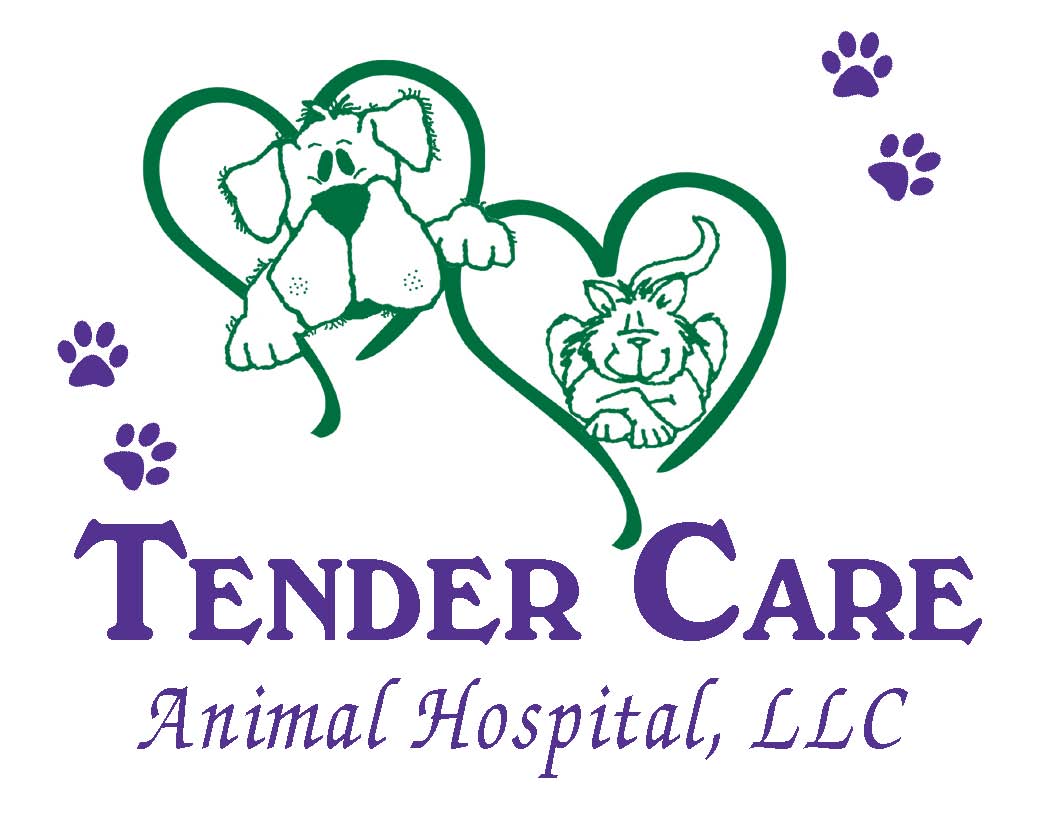Library
-
Lincomycin is given by mouth or injection and is used on and off label to treat certain bacterial infections. Give as directed by your veterinarian. Common side effects include vomiting, diarrhea, or drooling. Do not use in pets that are allergic to it or similar drugs, in pets with a candida fungal infection, very young pets, or in rabbits, hamsters, guinea pigs, or horses. If a negative reaction occurs, please call the veterinary office.
-
Linezolid is an antibiotic used to treat multi-drug-resistant, gram-positive bacterial infections in cats and dogs. Its use is limited to susceptible infections with documented resistance to other antimicrobials. Its use is off label in veterinary medicine. Linezolid comes in tablet and powder forms that may be compounded into liquid.
-
LinkSkin® Spray is a topical solution designed to support the skin barrier in dogs and cats by restoring the balance of microflora on the skin. It contains heat-killed lactobacilli and can help prevent skin infections caused by bacteria and yeast.
-
A lipoma is a common, usually benign (harmless) fat tumor seen in middle-aged to older animals. These tumors occur often in dogs and infrequently in cats. The malignant form of this tumor is called a liposarcoma. Liposarcomas usually do not spread, but they require more extensive surgery to control.
-
Liver fluke (Heterobilharzia americana) is a parasitic worm that affects dogs in the southern Atlantic and Gulf states and causes a disease called schistosomiasis. The fluke’s lifecycle is complex and involves a freshwater snail. Dogs can become infected by swimming or wading in water that has the larval stages of the fluke. The flukes cause granulomas (inflammatory nodules) to form in the liver, intestines, and other abdominal organs. Symptoms of gastrointestinal and liver disease may be present.
-
Primary liver tumors in dogs and cats are rare. There are 4 types: hepatocellular tumors, bile duct tumors, neuroendocrine tumors, and sarcomas. These cancers can be massive, nodular, or diffuse in form. In dogs, most liver tumors are malignant, while in cats, most are benign.
-
Dogs can have hearing loss due to increasing age or chronic ear infections, or they may be born with a defect. Deafness in dogs can present some challenges, but overall they can have healthy, normal lives. Training is still possible by making some modifications and incorporating hand signals. It is important to take their deafness into account when considering their safety and ensure that they are never off leash on or near a street.
-
Lokivetmab is given by injection and is used on and off label to treat itchiness in dogs. Give as directed. Side effects are uncommon but may include vomiting, diarrhea, sleepiness, lack of appetite, or pain at the injection site. Do not use in pets that are allergic to it. If a negative reaction occurs, please call the veterinary office.
-
Lomustine is given by mouth and is used off label to treat certain cancers such as mast cell tumors and brain tumors. Give this medication as directed by your veterinarian. Common side effects include vomiting, diarrhea, lack of appetite, and hair loss. Do not use in pets that are severely allergic to it. If a negative reaction occurs, please call your veterinary office.
-
Dogs pull ahead and lunge forward on leash for several reasons. Loose leash walking is a complex skill that requires patience, planning, and persistence. Positive reinforcement training is effective for teaching dogs how to walk nicely on a leash once their welfare needs have been met.


